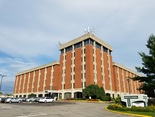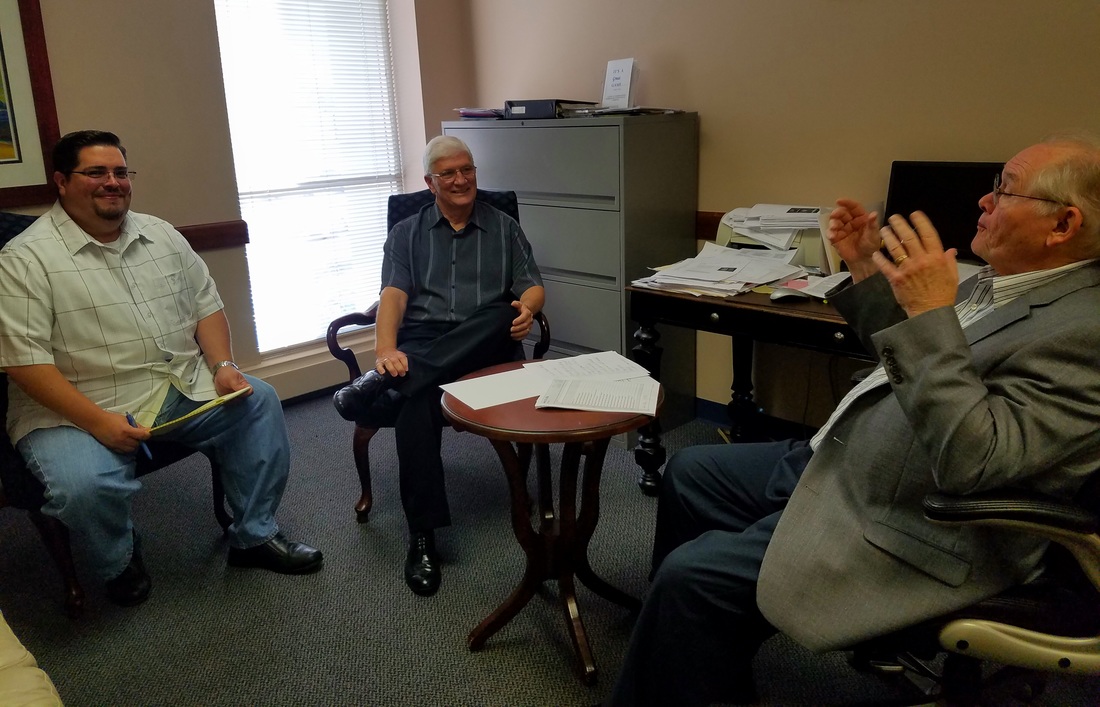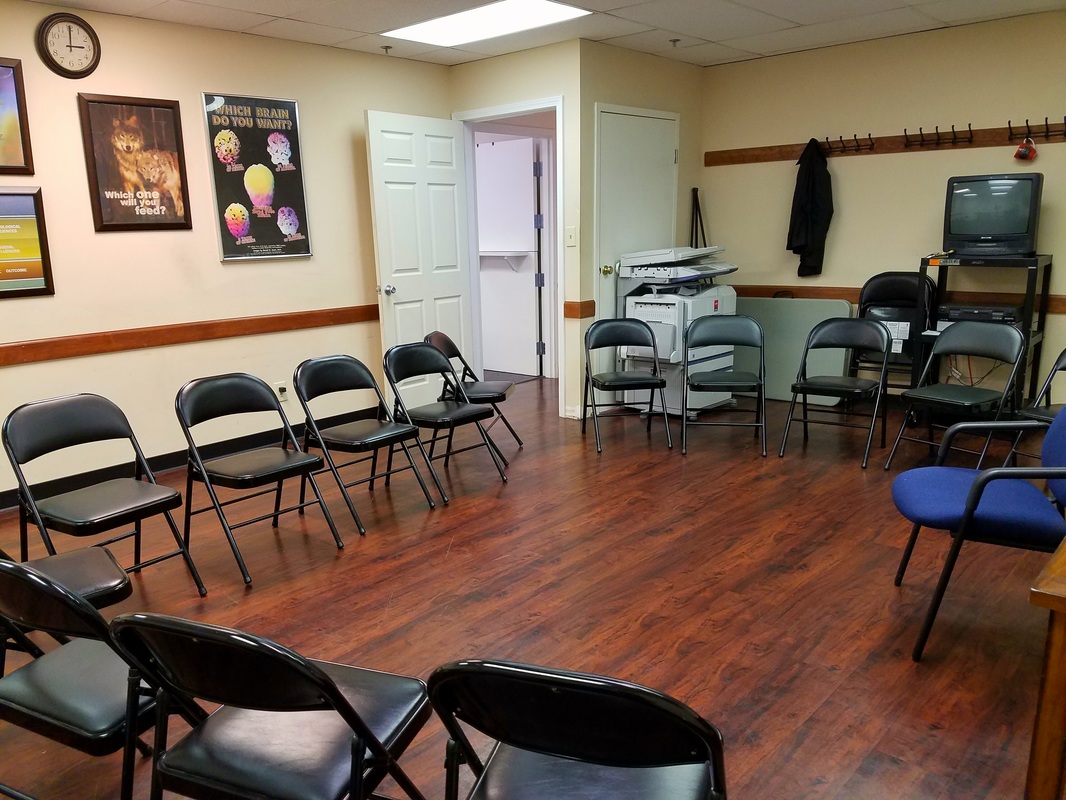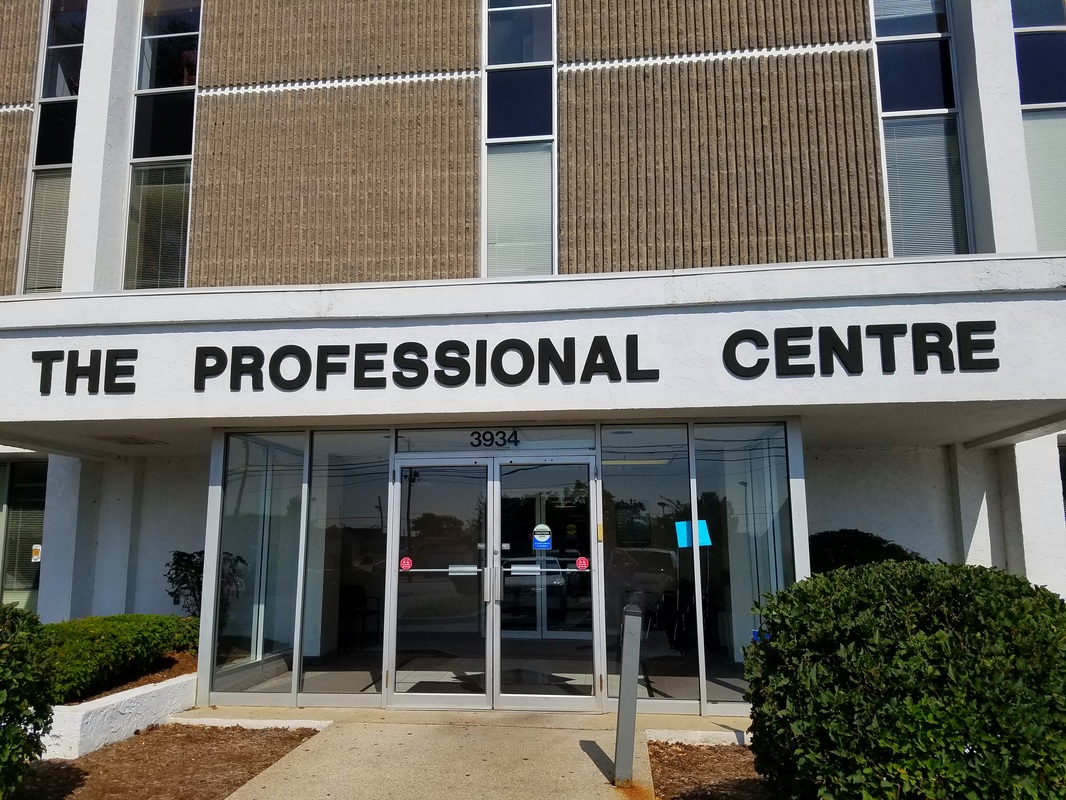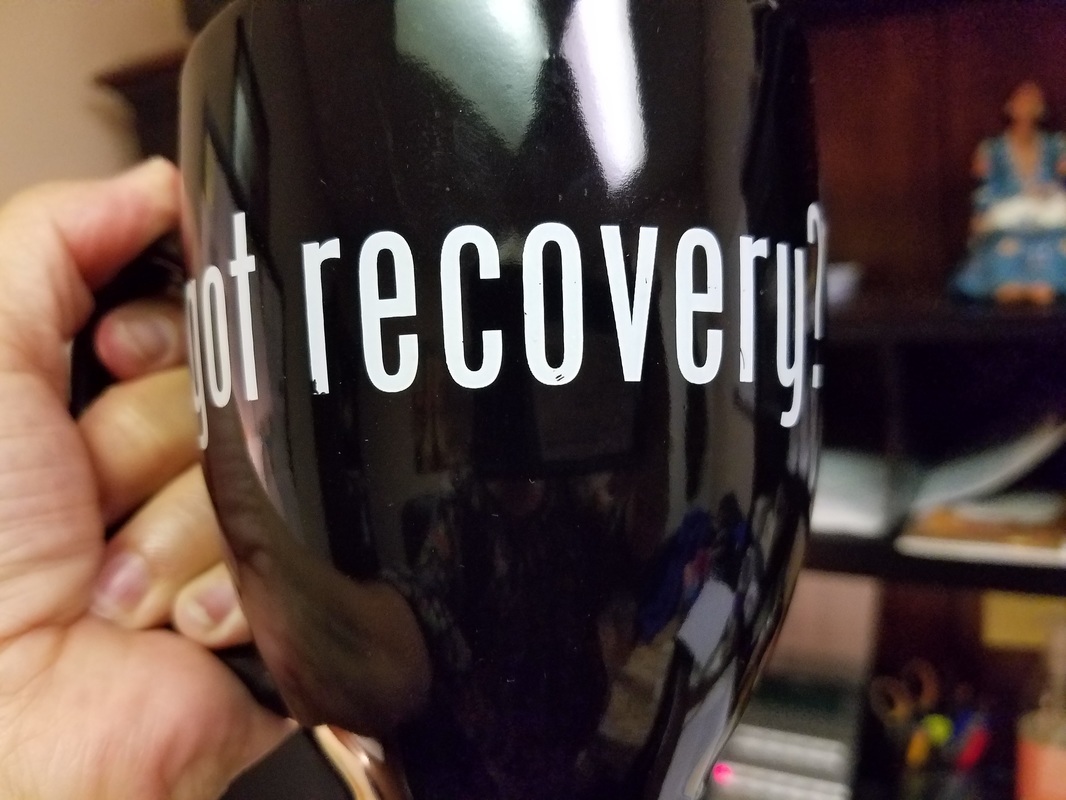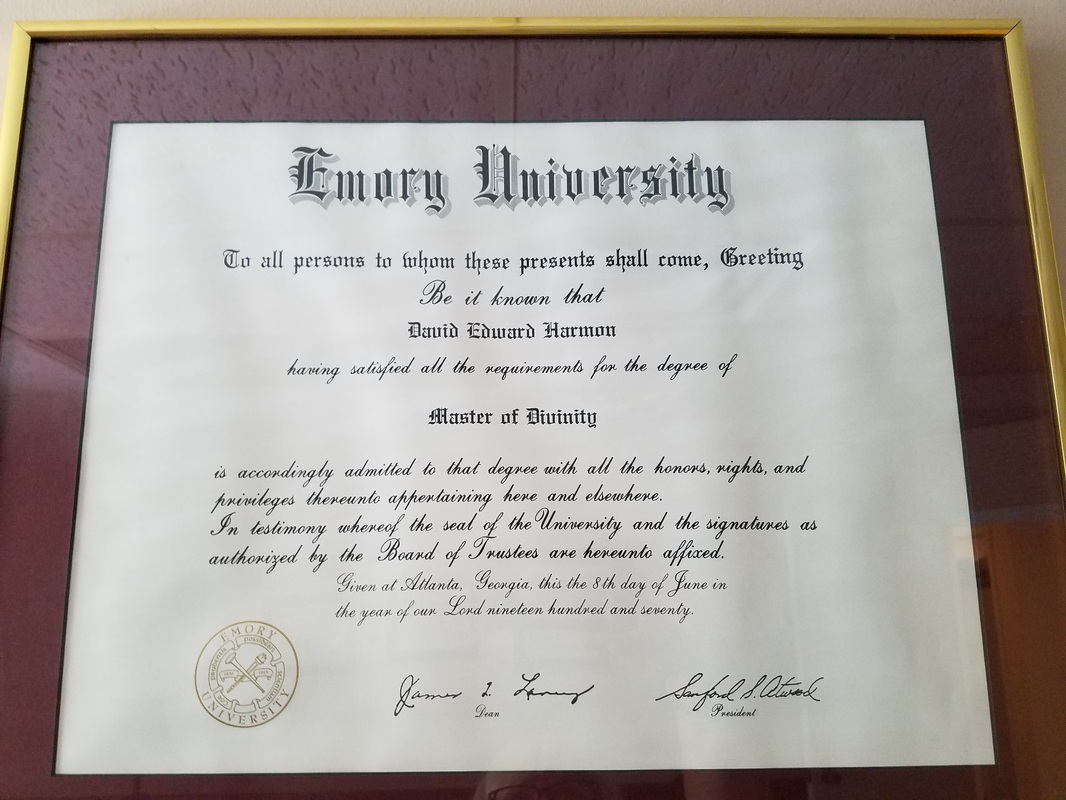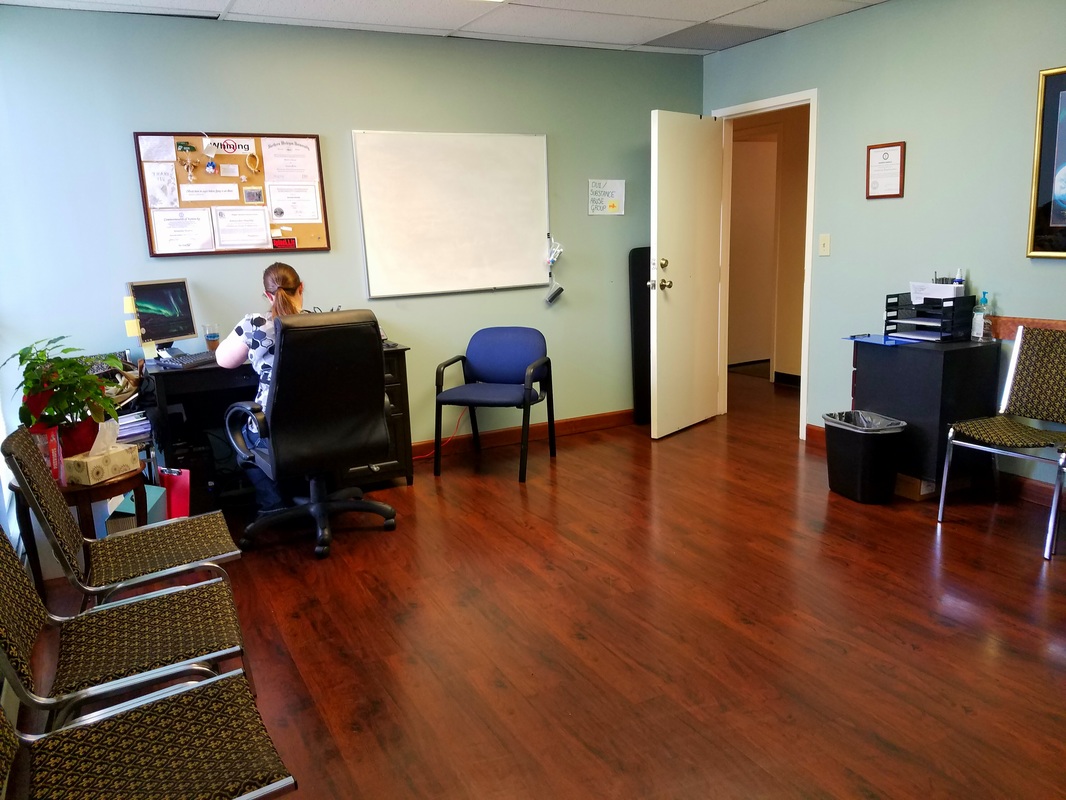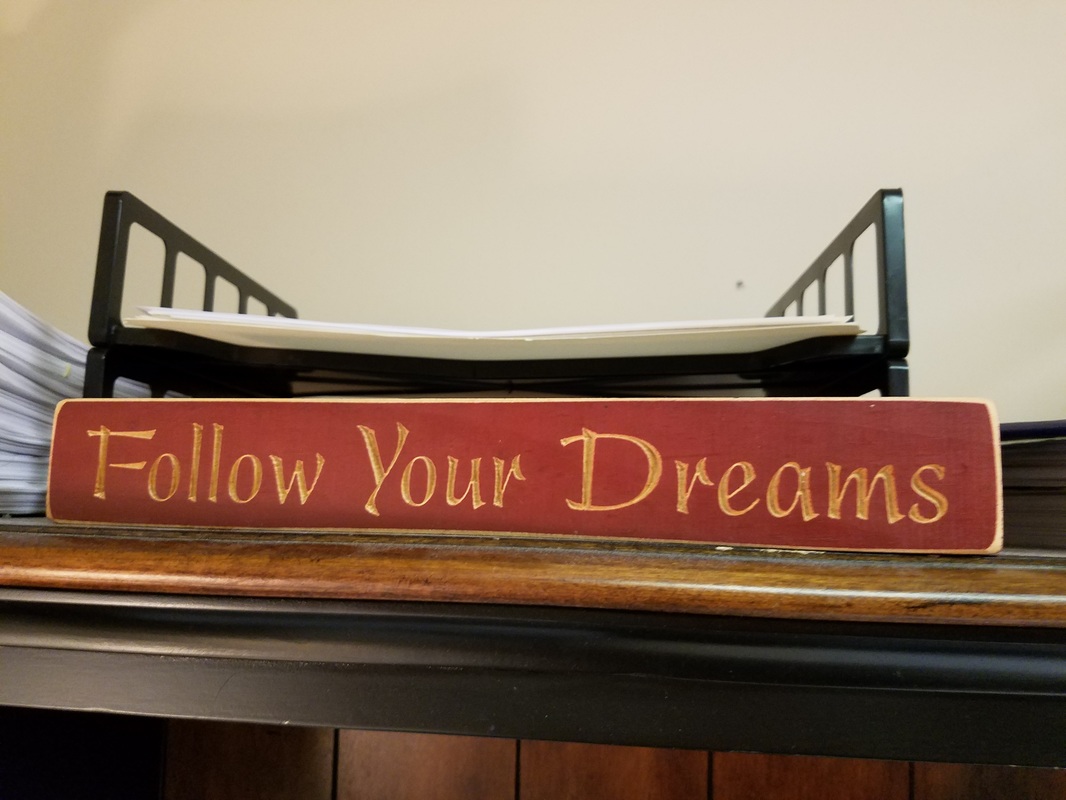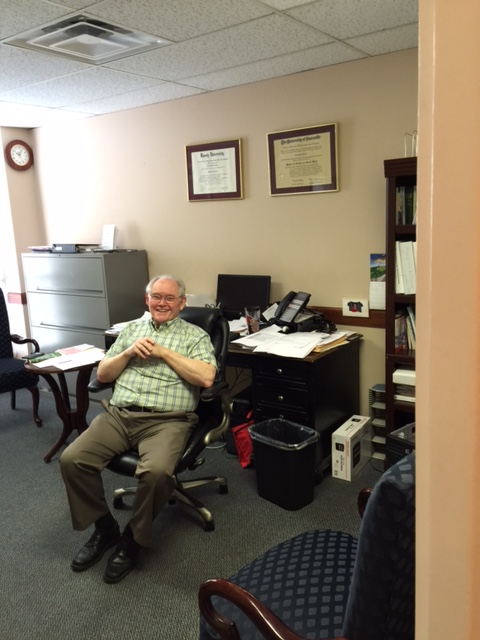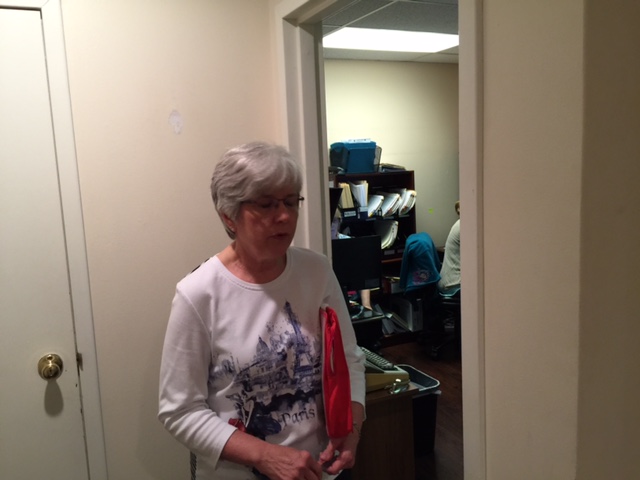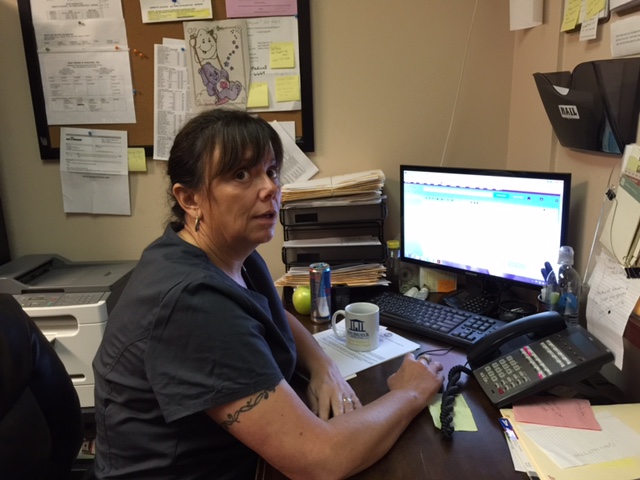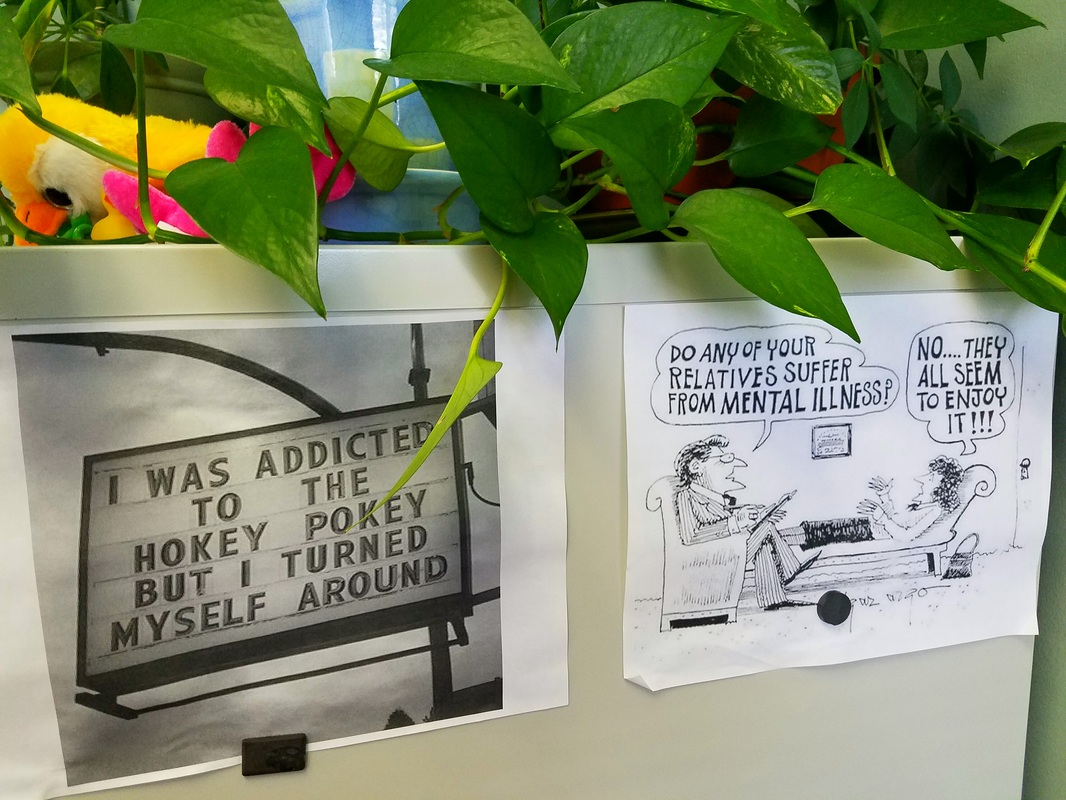GAMBLER COUNSELING SERVICES LOUISVILLE KY Click To Call 502-896-8006
|
Gambler Counseling Services in Louisville Ky
The Problem Gambler Recovery Program at Dave Harmon and Associates, Inc. is designed to assist and treat problem gamblers and to assess the direct or indirect affect on family and friends. The Gambler Recovery Program begins with an evaluation of the problem gambler including a mental status and bio-psycho-social evaluation. A treatment plan is then developed that individualizes the problem gambler's needs. The Problem Gambler Recovery Program varies in length; consisting of individual, group, educational, self-help sessions with written assignments. The program primarily focuses on:
All problem gamblers are strongly encouraged to prepare written safety plans for themselves and their families.The program is based on the following premises regarding problem gamblers, compulsive gambling, and the effects of compulsive gambling on the family members and friends:
Professional assistance for each problem gambler, family member, and friend demands that the provider cares for and respects each problem gambler in a safe environment. Each problem gambler at our Louisville gambler counseling services will receive a personalized treatment plan that is compulsive gambling specific and defines needs and goals. Quality service and personal assistance serves the interest of both the compulsive gambler's family, and friends and best ensures the successful treatment and/or education of each. Personal caring and interaction between staff and problem gamblers, and their family and friends creates a therapeutically sound environment in which both the problem gambler, his family, and their friends create a more sustainable recovery environment. PRIMARY GOALS
|
|


